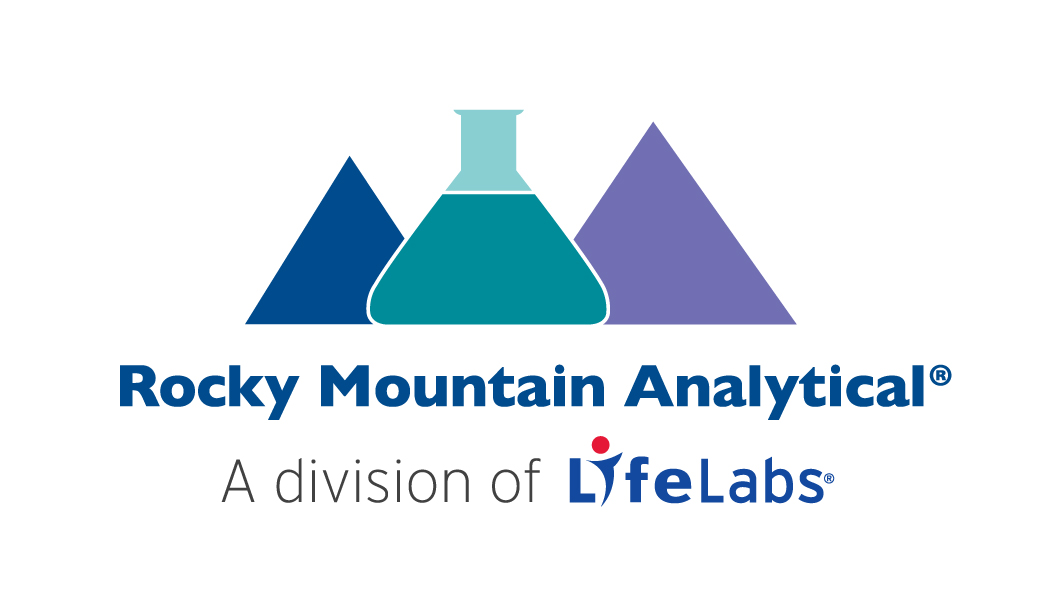Food Sensitivity Test
Undiagnosed food sensitivities can affect your quality of life. Manage your health and well-being with the RMA FST™ IgG Food Sensitivity Test, a report looking at up to 222 foods.
There is a growing body of evidence to support the clinical benefits of eliminating IgG reactive foods from the diet.
In an IgG reaction, the IgG antibodies bind to food antigens creating antibody-antigen complexes. These complexes are normally removed by immune system cells called macrophages. However, if complexes are present in large numbers and the reactive food is still being consumed, the macrophages can’t remove them quickly enough. The food antigen-antibody complexes accumulate and can be deposited in body tissues. Once in tissues, these complexes can trigger inflammation, which may be responsible for a wide variety of symptoms.

We provide food sensitivity testing through Rocky Mountain Analytical, a division of LifeLabs. Since 2002, Rocky Mountain Analytical has been providing patients and healthcare providers with high-quality functional medicine testing, based in southern Alberta.
| |
Sensitivity vs Allergy
The type of antibodies that our body produces differentiates a sensitivity from an allergy.
Allergic reaction release IgE antibodies. The reaction is immediate and can cause a raised itchy rash called hives, itchy sensation in the mouth, throat or ears, facial swelling, or anaphylaxis.
Food sensitivity reaction releases IgG antibodies. This reaction is delayed and can have result in GI symptoms (such as constipation, diarrhea, abdominal discomfort) or vague symptoms (such as headaches, anxiety, acne, weight changes).
| |
What foods are tested?
The RMA FST™ IgG Food Sensitivity test measures levels of IgG antibodies in up to 222 different foods. All foods break down into molecules or particles, and sometimes these foods can be antigenic which triggers the production of antibodies. Antibodies are highly specialized proteins that bind to specific antigens.
Rocky Mountain Analytical offers three types of IgG food sensitivity tests panels:
- RMA FST™ Enhanced: Our most comprehensive panel, the Enhanced panel tests for over 200 different foods. This panel is especially popular with people who eat less meat, wheat and refined sugar.
- RMA FST™ Vegetarian: Are you eating little or no meat? This is the panel for you. This panel tests 160 different foods including all of the vegetarian foods offered in the Enhanced panel but excludes fish/seafood and meat.
- RMA FST™ Basic: The Basic panel tests 125 foods, including the most commonly reactive foods in all categories including milk (cow, goat and sheep), eggs, corn and wheat.
| |
Who should get tested?
You can develop a food sensitivity at any age. Because IgG food reactions take hours or days to develop, it becomes difficult to determine which food is responsible for the reaction without testing. You should speak with us if you have the following ongoing symptoms:
- Systemic: Fever, fatigue, chills, sweating, weakness, puffiness.
- Skin: Itching, redness, swelling, and rashes.
- Brain: Mood and memory disturbances, behavioural problems.
- Lungs: Bronchitis and asthma symptoms.
- Musculoskeletal: Joint pain, muscle stiffness, swelling.
- Digestive tract: Nausea, vomiting, diarrhea, abdominal pain, gas, bloating.
| |
How can I get tested?
Book an appointment with Palisades Pharmacy to discuss test options and receive the required signed requisition form and test kit.
Collect a sample. The RMA FST™ IgG Food Sensitivity test only requires a simple blood sample.
Submit sample for testing and signed requisition for testing.
Meet with us to discuss your results and next steps in your care plan.
To accurately assess for food sensitivity, it is necessary to consume the suspected food. Typically two servings per week for two to three weeks prior to collection is sufficient for antibody formation. If you have avoided a food for more than six months, you should consume two servings every week for six weeks prior to collection. CONTINUE TO AVOID foods you previously had a serious reaction to (e.g. hives, anaphylaxis, swelling of the throat, tongue, lips, difficulty breathing, shock).
| |
How do I interpret the results?
A comprehensive report will be provided to the pharmacy approximately 7-10 business days after your sample has been received by the laboratory. Results will be summarized in a visual report. Depending on the results, recommendations to changes in diet, nutritional supplements or other interventions may be made. Other laboratory tests may be recommended to look for other causes of your symptoms.

